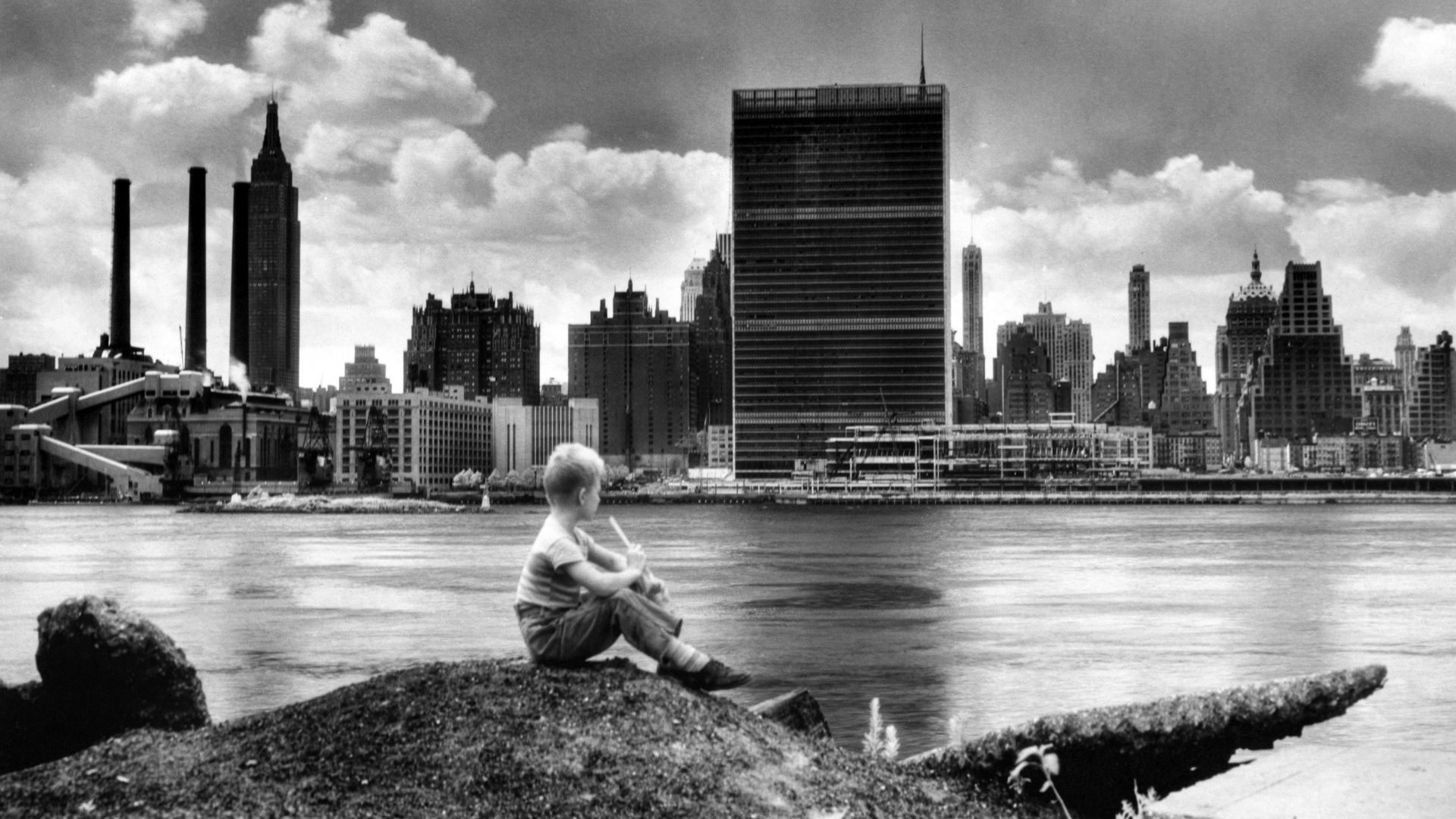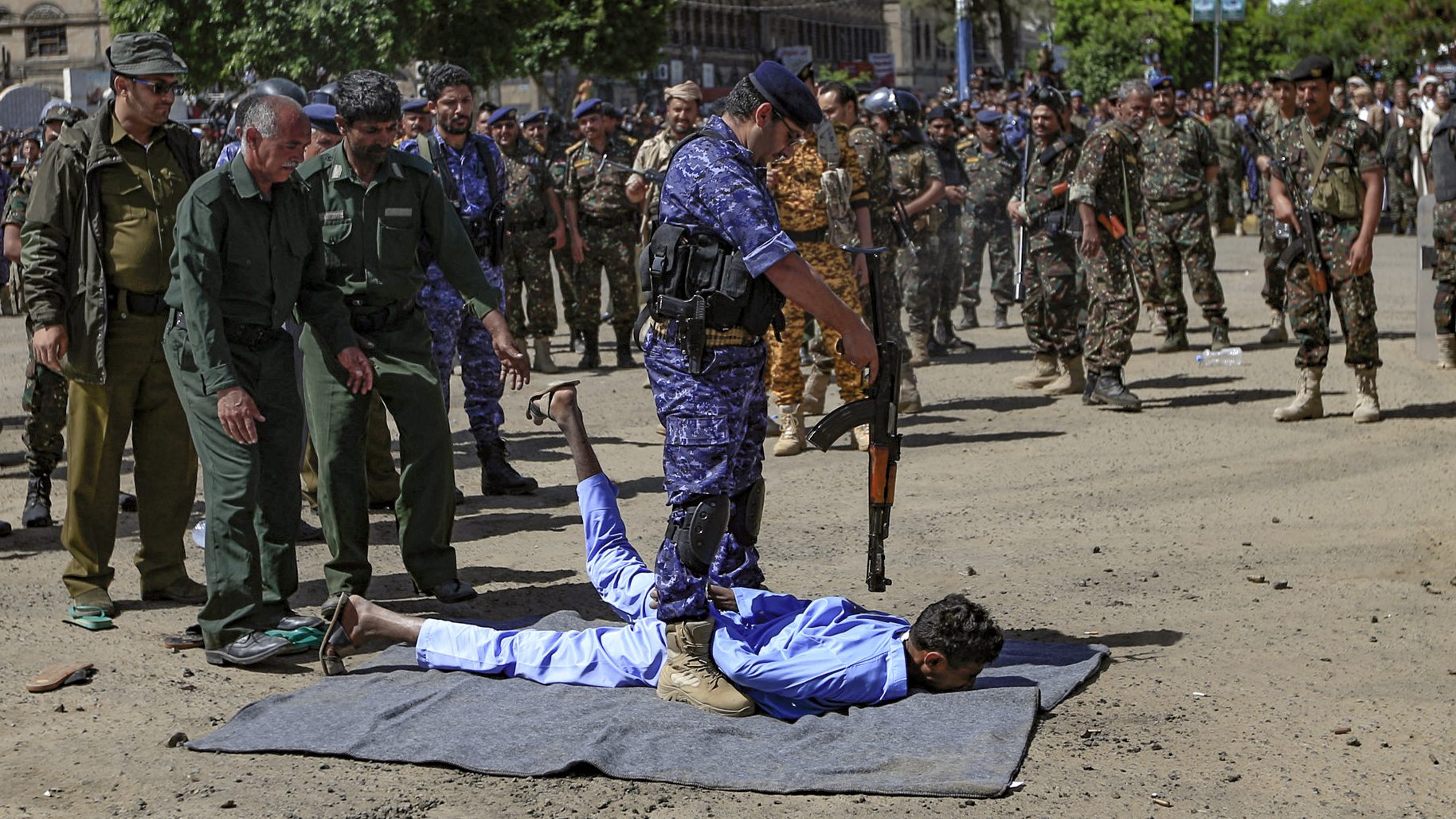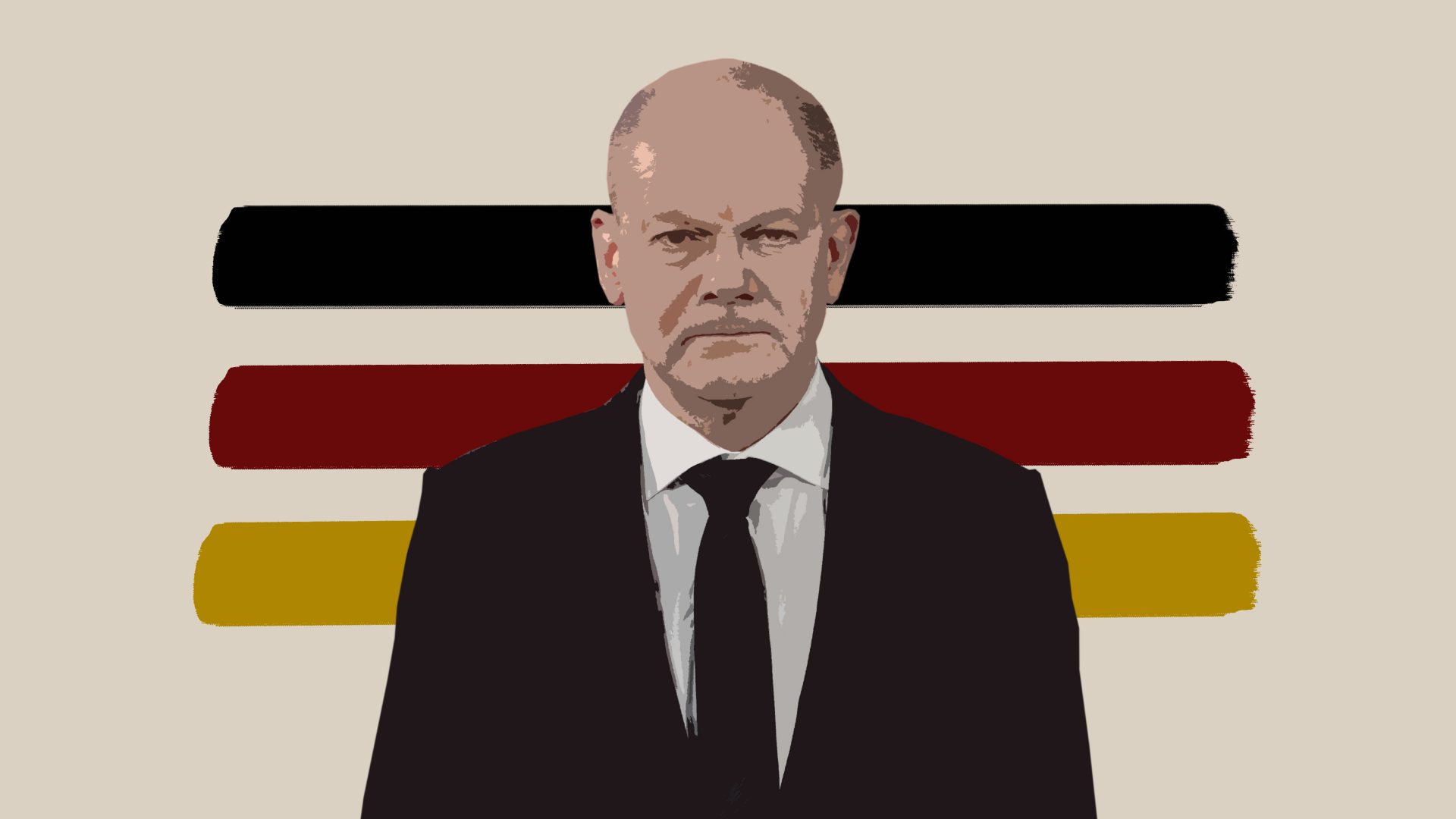Vladimir Putin has done more for the liberal international order in one month than anyone else has managed in the decades since the cold war.
Europe and the US have realised they need to coordinate with each other to manage effective international responses to Russia’s aggression and to similar actions in the future. The European Union is realising that its neglect of coordinated foreign and defence relations is anything but benign – and putting attention in that direction.
The ailing Nato alliance – brought to the brink under Donald Trump – is reinvigorated, looking likely to expand its membership, and with existing members renewing their commitments to spend more on defence. After a decade in which internationalism was on the wane, it is back in force.
None of that, though, can be said for the international body that is supposed to be at the top of the pyramid: the United Nations. Not only has the UN played absolutely no meaningful role in handling the crisis, but no one even expected it to do so.
In fact, the UN did little more than add insult to injury: at the very moment that Russia invaded Ukraine, Russia’s representative to the UN was chairing a security council meeting, changing on a pin from arguing that a Russian invasion was not even a possibility to explaining why it was a necessary action. Nothing could show more clearly that Russia cared even less about the UN than George Bush did when he acted against Saddam Hussein and invaded Iraq in 2003.
The UN receives little respect and deserves even less: the values it espouses and the values it practises have absolutely nothing to do with one another – it has helped to cover up corruption, helps dictators to launder their reputations, and grinds endlessly to a standstill with meaningless debates. Statistics from the think tank UN Watch – which is a regular critic of the United Nations – show the sheer hypocrisy present in just the makeup of its committees. On the Human Rights Committee at present are representatives from China, Russia, Eritrea and Venezuela – none of them exactly known for their strict adherence to human rights principles. Russia was a member until its suspension this week.
Despite that, the UN human rights council’s website piously states that “With membership on the Council comes a responsibility to uphold high human rights standards.
“This is a criteria insisted on by states themselves when they adopted resolution 60/251 in March 2006 to create the Human Rights Council.”
Similar chutzpah is at play with other committees and councils. Saudi Arabia sits on the commission on the status of women, while China and Russia – both of whom have cracked down on civil rights groups – sit on the committee for non-governmental organisations, which grants or suspends the credentials of human rights groups for the UN.
Membership of the UN’s most significant council – the security council – is a relic of a bygone era of great power politics. As the avowed nuclear powers at the time of its formation, the US, UK, France, China and Russia all have permanent membership of the council and a veto against any motion, rendering the rotating other members largely meaningless.
Given the adversarial relationship between the key countries on the council, there is absolutely no meaningful resolution in the world that could ever hope to pass, rendering any security duties on the UN moot – and for those who like to throw such words around, absolutely every war “illegal”. The general assembly, meanwhile, is a talking shop granted no actual power to act.
When it does manage to pass its symbolic but empty resolutions, there is one country with which it is focused to the point of obsession. Since 2015, the UN general assembly has never once passed a motion condemning China. It has condemned Iran six times, North Korea seven times, the US eight times and Russia 15 times.
Over that same period, Israel has been the subject of at least 125 condemnatory resolutions. Clearly, the actions of the Israeli state in relation to Palestine are worthy of scrutiny (and condemnation) – but does it really warrant four times more motions than China, Russia, Iran and North Korea combined? What is it about Israel that fascinates the UN so?
When wrapping up its session last week, the UN’s human rights committee condemned Israel – which had suffered five terror attacks within a single week – an additional four times, making no mention of the killings.
As a rule-making or rule-enforcing institution, the UN is entirely hollowed out – but surely it does good work elsewhere? That is debatable. The UN had a spectacular scandal in the 1990s and early 2000s through its oil-for-food programme with Saddam Hussein’s Iraq.
The programme was supposed to help ensure Iraqis didn’t starve, while keeping oil sanctions in place against Saddam. But it emerged that an astronomical sum of between $10bn and $20bn (£7.6bn-£15.3bn)was siphoned out of the programme – much of it presumably going to Saddam, but also numerous others. Almost no one was convicted in connection to the years-long scandal, and the UN only ever published one of more than 50 investigations into the affair, fiercely resisting any efforts to publish more.
Similarly, the UN has never truly tackled the scandal of its “peacekeepers” raping civilian women they were supposedly there to protect – sometimes even fathering children with them.
Western democracies and richer countries rarely supply more than a token number of troops to UN blue helmet schemes, leaving poorer countries to send often poorly trained forces, as a revenue raiser for the government. If a soldier in that situation is credibly accused of rape, the UN sends them home – but on multiple occasions, such soldiers have simply been redeployed as blue helmets in another country, sent by their home country once again.
That leaves initiatives like the UN World Food Programme, which provides almost $10bn of emergency food assistance a year, often to war zones or crisis-hit areas – a genuinely commendable aim, but not necessarily one that needs to be attached to a festering institution like the UN.
The funding of the World Food Programme is not something that keeps most of us up at night – but the reality of it is that there is no agreed governmental levy or tithe, and almost no funding from “central” UN funds. In reality, the programme is funded every year entirely by voluntary contributions, most of them from national governments.
Last year, more than half of the World Food Programme’s income came from just two donors: the US and Germany. If you add in the next three donors – the European Commission, UK and Canada – those five alone cover two-thirds of the programme’s total spend.
It is right that richer countries contribute generously to funds designed to alleviate gross poverty – though thanks to the voluntary nature of these contributions, they are less than is required and many wealthy countries come nowhere close to pulling their weight (Portugal, for example, gave just $201,441 last year).
But when the UN is routinely used by autocrats and human rights abusers to draw false equivalences with western democracies – often helped by useful idiots within those countries – they rely on people believing that the UN has respectability and moral authority. It’s schemes like the World Food Programme that confer that.
In other words, western democracies are using billions of their aid and international development budgets to help the autocrats that are forcing people to become refugees, or to starve – conferring legitimacy on the body that they use to force international inertia, and to draw bogus moral comparisons.
Many of us reflexively feel a need to defend the UN, or what it supposedly represents, because the alternative is disconcerting: what if there is no one in charge, no effective international body, no effective international rules?
But merely pretending that those rules exist or are effective when they are not is surely worse than admitting that they are ineffective. For as long as we carry on with a cargo-cult international order, we won’t even start to consider anything more effective.
Should we not use this moment of international cooperation between democracies to reassess what the free world actually gets out of the UN? What is it good for? Why are we still playing along?




